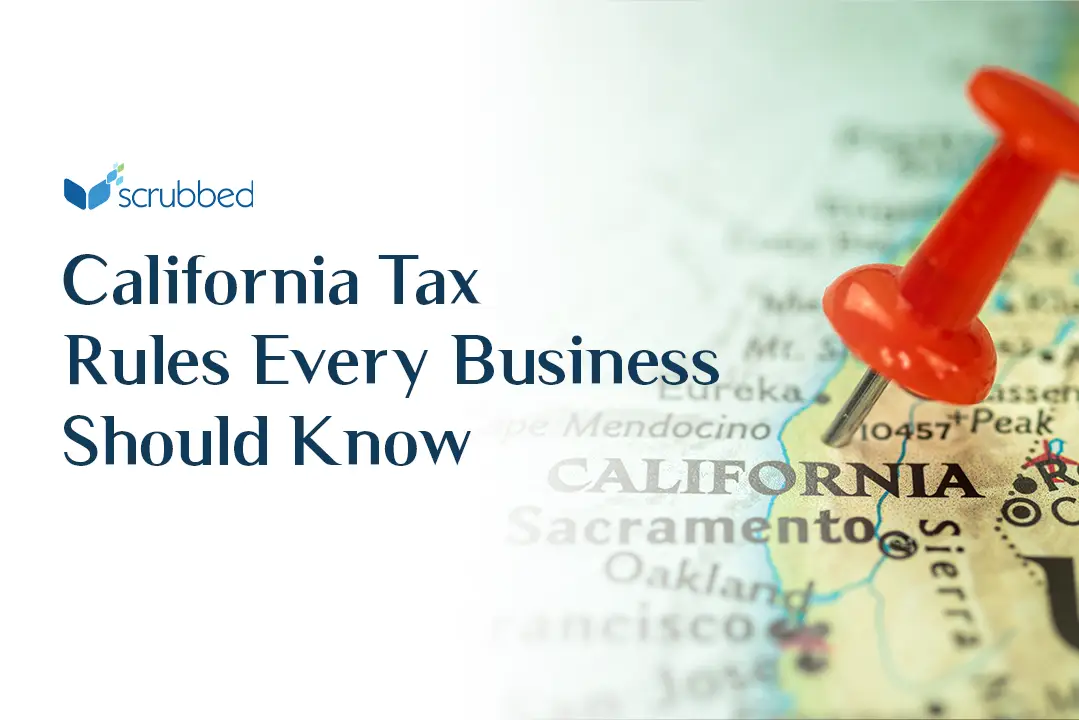According to research, roughly 16 million people in the US are self-employed.
While being self-employed has been scientifically linked to increased happiness and health-like many aspects of working for yourself-it also comes yourself and health-like, with additional responsibility.
That of reporting your own taxes.
Those that are self-employed are required by federal law to report and pay self-employment taxes. If you are new to self-employment, wrapping your head around self-employment taxes can feel stressful.
However, with the right information at your fingertips, you will be able to approach self-employment taxes sans anxiety. After reading this guide to self-employed taxes for dummies you will be in possession of everything you need to know to correctly file for self-employment taxes.
Read on to get clear on filing taxes as a self-employed citizen.
WHAT IS SELF EMPLOYMENT TAX?
Self-employment tax, or SECA, is the equivalent of Social Security and Medicare taxes. When individuals are employed, this tax responsibility is split between them and their employer, with the employer paying half of the tax liability for employees.
Self-employed individuals, of course, do not have this benefit. Therefore the IRS requires those that are self-employed to pay the full Social Security and Medicare taxes incurred in the form of self-employment taxes. It’s important for self-employed individuals to also be aware of broader financial responsibilities such as risk and SOX compliance, especially if their business structure or operations require adherence to corporate governance and internal control standards.
HOW MUCH IS SELF EMPLOYMENT TAX?
Self-employment tax is leveled at the rate of 15.3% of your net earnings. When employed this amount is split 50/50 between you and your employer, with you paying 7.65% and employers paying 7.65%.
When you are self-employed you are liable for the full 15.3% tax rate on your net earnings. This is made up of two parts, Social Security and Medicaid. Social Security tax comprises 12.4% of your net earnings, and Medicaid 2.9%.
Take note that Social Security taxes are capped at a certain amount each year. For 2020, the maximum amount of income that can incur Social Security taxes is $137,700. Income over and above this is not taxed for social security.
Unlike Social Security, Medicaid does not have a cap.
WHO PAYS SELF EMPLOYMENT TAX?
Self-employment tax is levied on all individuals that are self-employed. These include:
Freelancers
Those that carry on a trade or business
Independent contractors
Anyone who receives a 1099-MISC tax report
Members of partnerships
Members of limited liability companies (LLC)
If any of these conditions apply to you then you’re liable for self-employment tax and are required to file for it.
HOW TO FILE SELF EMPLOYMENT TAX
Once you have determined whether you are self-employed, the next thing to do is figure out how to file self-employment taxes.
Although it can seem complicated at first, filing self-employment taxes is relatively simple.
If you have completed a personal tax return before, you will be familiar with Form 1040. Form 1040 is used to detail and file individuals’ income. Besides the basic 1040 form, there are a number of attached forms that you can file.
To file self-employment taxes you will need to fill out one of the following attachments.
Self-employed individuals are required to fill out and file Schedule SE. If you are a sole proprietor or a single-member LLC owner, you will need to report your self-employment tax on Schedule C . If you are a member of a partnership or multiple-member LLC you will need to report the business net income on Schedule K-1 to file your self-employment tax.
TAKING ADVANTAGE OF DEDUCTIONS FOR SELF EMPLOYMENT TAX
Before you start the process of filing for self-employment tax, it is important that you know about any allowed deductions.
There are a number of deductions you are eligible to when self-employed, and it is important that you take advantage of these so as to minimize your self-employment tax liability.
Here are some of the deductions you can claim when filing for self-employment tax:
Home offices
Retirement planning
Part-time hires
Travel mileage
Business trips
Health insurance
Business loan interest
Education expenses
Internet and phone expenses
These are just some of the deductions that self-employed individuals can make. To find out exactly which deductions you may qualify for it is best to speak to your tax professional.
HOW TO PAY SELF EMPLOYMENT TAXES
Self-employment tax is paid in estimated installments throughout the year, similar to regular income tax.
However, unlike payroll tax, estimated taxes for self-employment are due every quarter. Each quarter you will be required to pay self-employment tax for the three months prior.
If you estimate these payments correctly, then come tax time you won’t be faced with a big tax bill. In fact, you might even enjoy a refund.
The due dates for estimated self-employment taxes are usually April 15, June 15, September 15, and January 15 of the following year.
How to Calculate Your Estimated Tax Payment
To avoid underpaying on estimated taxes and receiving a tax bill at the end of the year, you can calculate your tax liability for the previous three months fairly accurately by doing the following:
Start by taking your gross income and deducting any eligible expenses, as well as tax credits. Once this is done you will be left with an estimation of your net income.
You can then apply the self-employment tax rate of 15.3% to this.
SELF-EMPLOYED TAXES FOR DUMMIES: NOW YOU KNOW HOW TO FILE FOR IT
Now that you have read our self-employed taxes for dummies guide, you now know how to prepare and file for it.
However, not every business owner has the time to or the desire to pour over their books in preparation for tax time. If you want to make sure that your self-employment taxes are filed fast, accurately, and are 100% compliant and correct, then take a look at our range of accounting* services as well as our tax services.
At Scrubbed, our experienced team offers full-service accounting, tax, , and corporate finance advisory solutions tailored to meet your needs. We’ll ensure your self-employment taxes are prepared accurately, filed on time, and fully compliant with IRS regulations. Whether you need help maximizing deductions, managing quarterly payments, or preparing audit-ready books, we’ve got you covered.
Contact us today to learn how our tax and accounting services can make tax season stress-free and simple. Or, visit our services page for more details.
Let us handle the numbers while you focus on what you do best—growing your business.
*Disclaimer: Services being offered do not require a state license.








